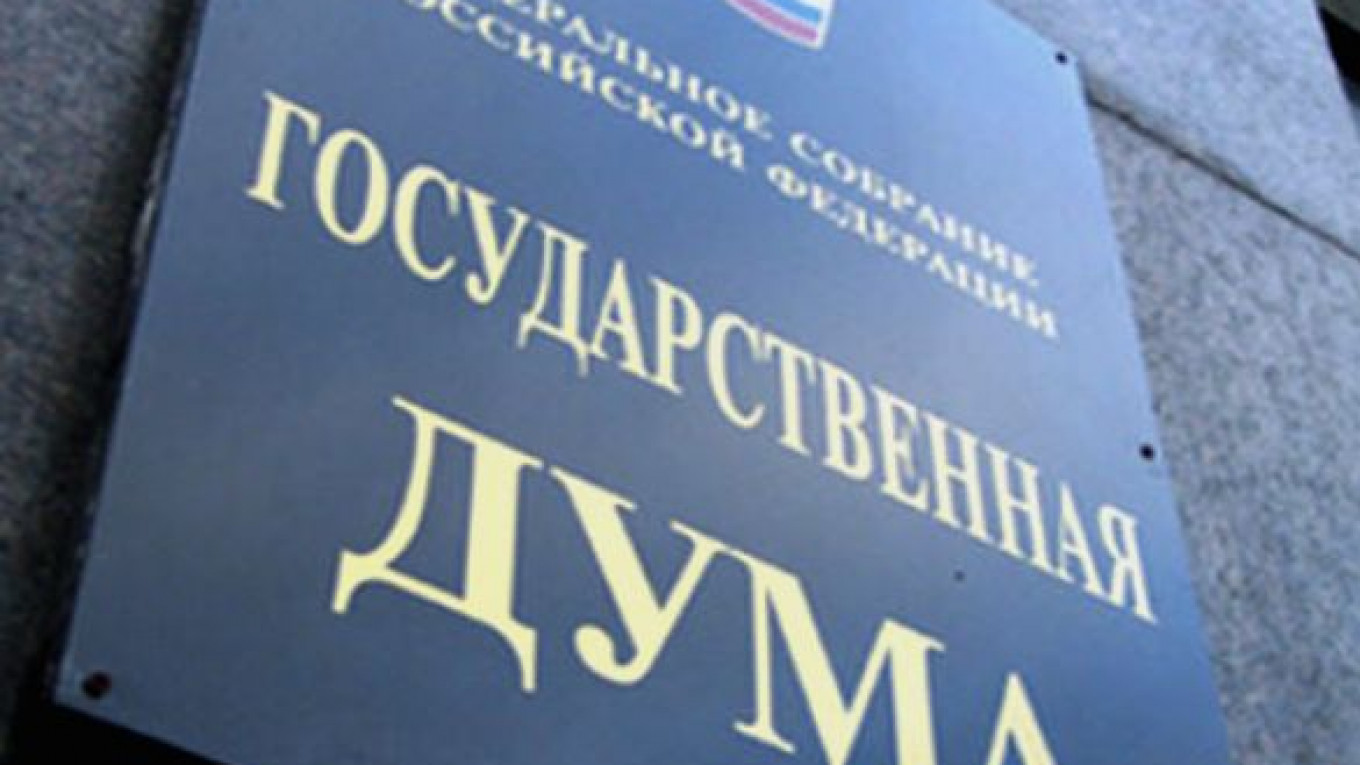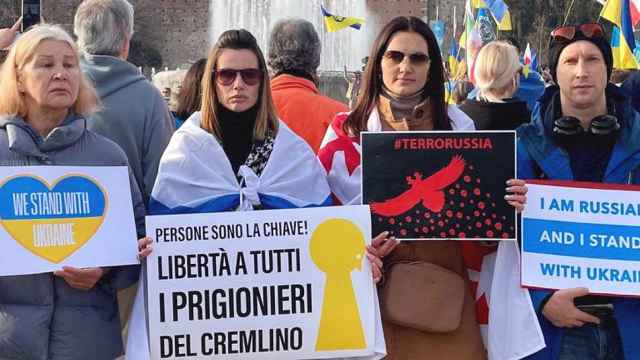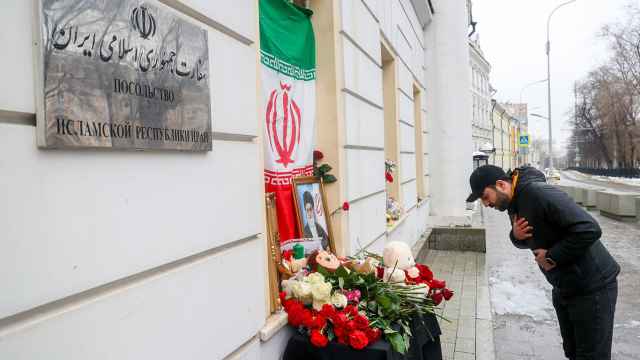State Duma deputies on Wednesday overwhelming passed in its first reading a bill that would give regional assemblies the right to abolish direct elections for governors, likely weakening a key pro-democracy reform signed last year by then-President Dmitry Medvedev.
A total of 403 deputies voted in favor of the bill, which supporters say is democratic, reflects Russia's diversity, and will help ensure stability in the North Caucasus amid fears that free gubernatorial elections could aggravate ethnic tensions.
Opponents, including the 10 deputies who voted nay, argued that the measure could be used to insulate pro-Kremlin governors and turn back the clock to when direct gubernatorial elections were illegal.
Federation Council Speaker Valentina Matviyenko and other key lawmakers have expressed support for the bill, which analysts contacted by expect to pass.
In its current form, the bill would allow regional parliaments to remove popular gubernatorial elections and instate a system in which the president selects from a list of three candidates submitted by regional lawmakers.
Such an arrangement would be "maximally democratic," Matviyenko said, because each regional parliamentary party would be allowed to submit candidates for the president's approval, and "therefore, there will still be choices," she said, Interfax reported Wednesday.
Governors are currently elected by a direct popular vote, although candidates need the support of at least 5 percent of a region's municipal deputies, and nonparty candidates must collect signatures of at least 0.5 percent of the local population, significant hurdles for opposition candidates, critics say.
Seventy-seven of the country's 83 governors are members of the ruling United Russia party, four are ostensibly independent, and the Communist and Liberal Democratic parties claim just one governor each, in July.
But United Russia's near-monopoly on the country's governorships has appeared shakier in recent months. Only three of the eight governors scheduled to come up for election this fall are likely to win a popular vote, the Tuesday, citing Kremlin and ruling party sources.
The Kremlin could abolish direct elections in regions where the governor is unpopular, thereby holding onto power, opposition Duma Deputy Dmitry Gudkov said.
The municipal filter turned out to be insufficient to guarantee incumbents' victory against new opposition and independent candidates, so the government created this "airbag" to protect itself, Gudkov said by telephone. "It's not the death of [gubernatorial] elections, but it's close."
Deputy Vladimir Pligin, head of the Constitution and State Affairs, said direct elections would only be abolished in regions where it is "truly necessary" to do so, and both supporters and critics of the bill have suggested that such limits might be justified in the fractious North Caucasus.
"The danger of elections is the breakup of society," said Ingush leader Yunus-Bek Yevkurov, who also speculated that regions would be ready for direct elections in "perhaps 10 to 20 to 30 years," according to an interview with Kommersant published on Wednesday.
Yevkurov's chances for re-election — his term expires in October — are hampered by low popularity and an ongoing feud with Chechen head Ramzan Kadyrov, a source close to Ingushetia's administration said, Vedomosti reported.
Two-thirds of the deputies who submitted the bill are from the North Caucasus, where direct gubernatorial elections have "in fact been a very problematic and painful procedure," said Alexei Titkov of the Regional Politics Institute.
"In any territory with a complex, multiethnic population, and where people identify each other primarily on the basis of ethnicity, direct elections always lead to problems. Yugoslavia, Lebanon and certain African countries are examples," he said.
Direct gubernatorial elections were abolished in the name of national security and stability by President Vladimir Putin in 2004 shortly after Islamic separatists staged a gruesome attack on a school in the southern city of Beslan.
The Duma bill promised to return regional diversity to the country's electoral system, which began to be standardized in the early 2000s, said regional politics analyst Alexander Kynev.
"Regional variation is good, but the version that is being proposed isn't democratic," he said. "Let's have different types of elections. What they're proposing isn't exactly elections, it's more like an indirect form of appointments," not unlike the existing system.
Currently, political parties must consult with the president before nominating candidates, and a referendum on removing a governor can be held only after a court deems it permissible.
The bill must pass two additional readings and be approved by the Federation Council and Putin to become law.
Contact the author at [email protected]
Related articles:
A Message from The Moscow Times:
Dear readers,
We are facing unprecedented challenges. Russia's Prosecutor General's Office has designated The Moscow Times as an "undesirable" organization, criminalizing our work and putting our staff at risk of prosecution. This follows our earlier unjust labeling as a "foreign agent."
These actions are direct attempts to silence independent journalism in Russia. The authorities claim our work "discredits the decisions of the Russian leadership." We see things differently: we strive to provide accurate, unbiased reporting on Russia.
We, the journalists of The Moscow Times, refuse to be silenced. But to continue our work, we need your help.
Your support, no matter how small, makes a world of difference. If you can, please support us monthly starting from just $2. It's quick to set up, and every contribution makes a significant impact.
By supporting The Moscow Times, you're defending open, independent journalism in the face of repression. Thank you for standing with us.
Remind me later.






